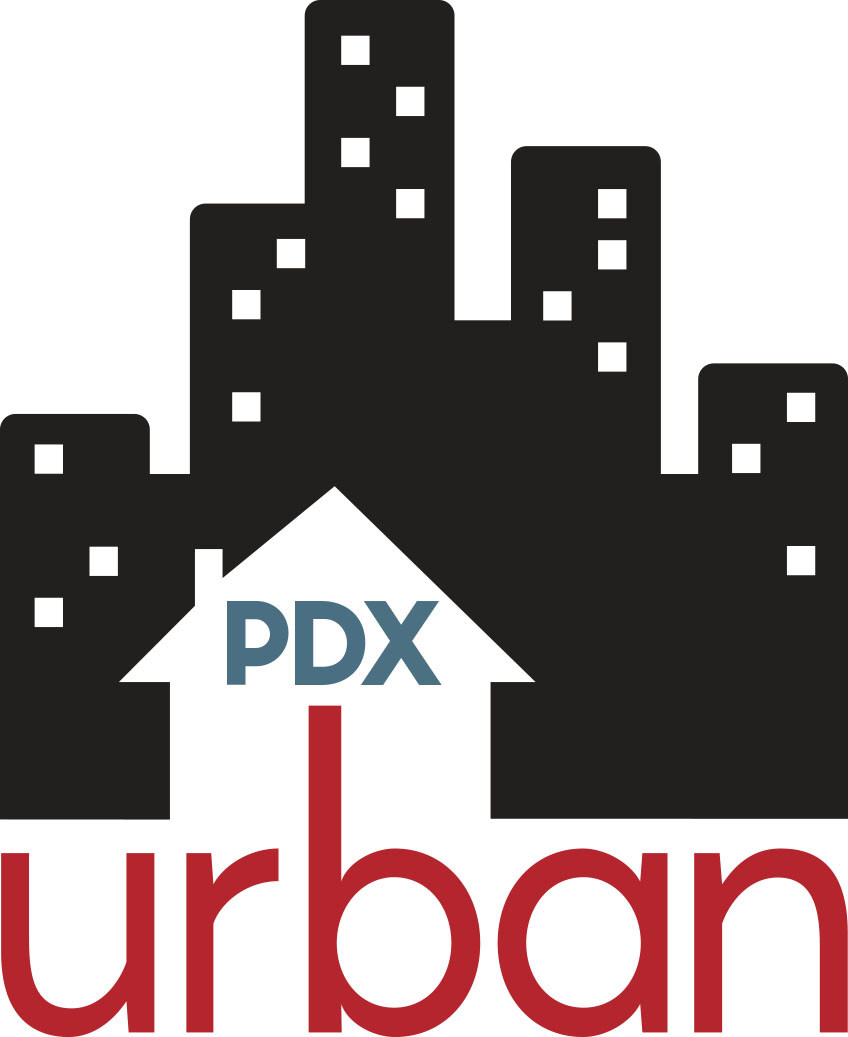Portland Real Estate, The Current Landscape
/This morning I was invited to do a presentation about the current real estate landscape in the Portland metro area. I thought some folks here might find the information I presented interesting. Some of this is from blog posts I've written previously, but there is plenty of new information as well.
NOTE: If you are interested in receiving more news about the Portland Real Estate Market, be sure to subscribe to MY NEWSLETTER!
I am a big data nerd sometimes. That can be a pretty tough thing when you work in real estate because often the data is not something you can predict. Real estate trends can often flip on a dime and anyone out there that can claim they will know exactly what is going to happen in the future is simply uniformed. There is one exception to that however and that is the number of days a typical listing will stay on the market.
In the Portland metro area we see a familiar pattern on this particular point year after year. In the colder months homes stay on the market longer. In the spring and summer homes stay on the market for a lot less time. Whether we are looking at a good economy or a bad economy this simple fact is unlikely to change. People tend to move and make major life changes in the spring and summer, less so in the winter and during major holidays like Christmas, Thanksgiving, and New Years.
Here we can see a good graphic of the general trend upward in the Portland real estate market. In the past three years we've seen the median list price go from just under $350,000 to just under $450,000 with no sign of slowing down.
This really shouldn't be news to anyone who follows the news or who has purchased or sold a home any time in the last few years. Sometimes however it is helpful to see a trend to get a sense of just how much things have changed in a short period of time.
My apologies if this slide is a bit tough to read. This was projected onto a large screen when I gave the presentation so it was a little easier to see. That being said, the nuts and bolts of this is as follows. Compared to the national average of $207,000 the average price of a home in the Portland metro area is relatively high.
However, if you look at Portland as a microcosm of the west coast of the United States only, Portland seems like a bargain. Compared to other major west coast cities like Seattle, San Francisco, and Los Angeles, the average Portland home costs half as much if not more. So depending on which direction you choose to look at this data from Portland either seems like a bargain, or Portland is incredibly expensive.
So let's take a look at a couple of listings in the Portland area and get a sense of what your money will get you. This is what I would consider the top end of the market at 1 million dollars. Granted, prices are very dependent on neighborhood, but in inner southeast Portland one million dollars will get you upwards of four bedrooms and four bathrooms, brand new construction, over three thousand square feet, and an attached garage.
Now let's look at something on the lower end of the market in terms of price point. This is an older home built in 1928 and is located just outside of 82nd, which is often considered a less established neighborhood. Obviously the general footprint of the home is smaller at just under 900 square feet with fewer bedrooms, fewer bathrooms, and street parking only.
The biggest question I get nearly every single day as a Realtor in the Portland metro area is this, is the Portland real estate market in a bubble? In other words, if I buy a house today, are housing prices going to crash tomorrow? Honestly, there is not a single person on earth who can answer this question with 100% certainty.
However, looking at the data and the facts of what is going on in the Portland region, the odds of a sudden burst in the housing market is unlikely. As it stands today, more people are moving into Oregon than leaving, creating a burden of demand. Foreclosure rates are low so it unlikely there will be a flood of homes hitting the market at low prices. Unemployment remains historically low along with inventory levels. So what is the bottom line? It is unlikely we'll see a sudden trend downward in home prices any time soon.
Now this last slide might be a bit controversial for some. Or at the very least it may be a hot topic. There is a lot of noise amongst Oregonians about the flood of Californians coming into the Portland area and driving up housing costs. However, Californians are not the largest population of people moving to Oregon by a long shot. Far more people are moving to Oregon from the Northeast (New York, Boston, Baltimore) as opposed to our neighbors from the south. People from the Southwest (Arizona, New Mexico) make the second biggest chunk, and Californians come in at a distant third.
So there you have it folks! Just a quick snapshot of the Portland real estate market as of March, 2018. If you have any questions be sure to CONTACT ME and again, if you want to receive monthly updates be sure to SUBSCRIBE TO MY NEWSLETTER.








